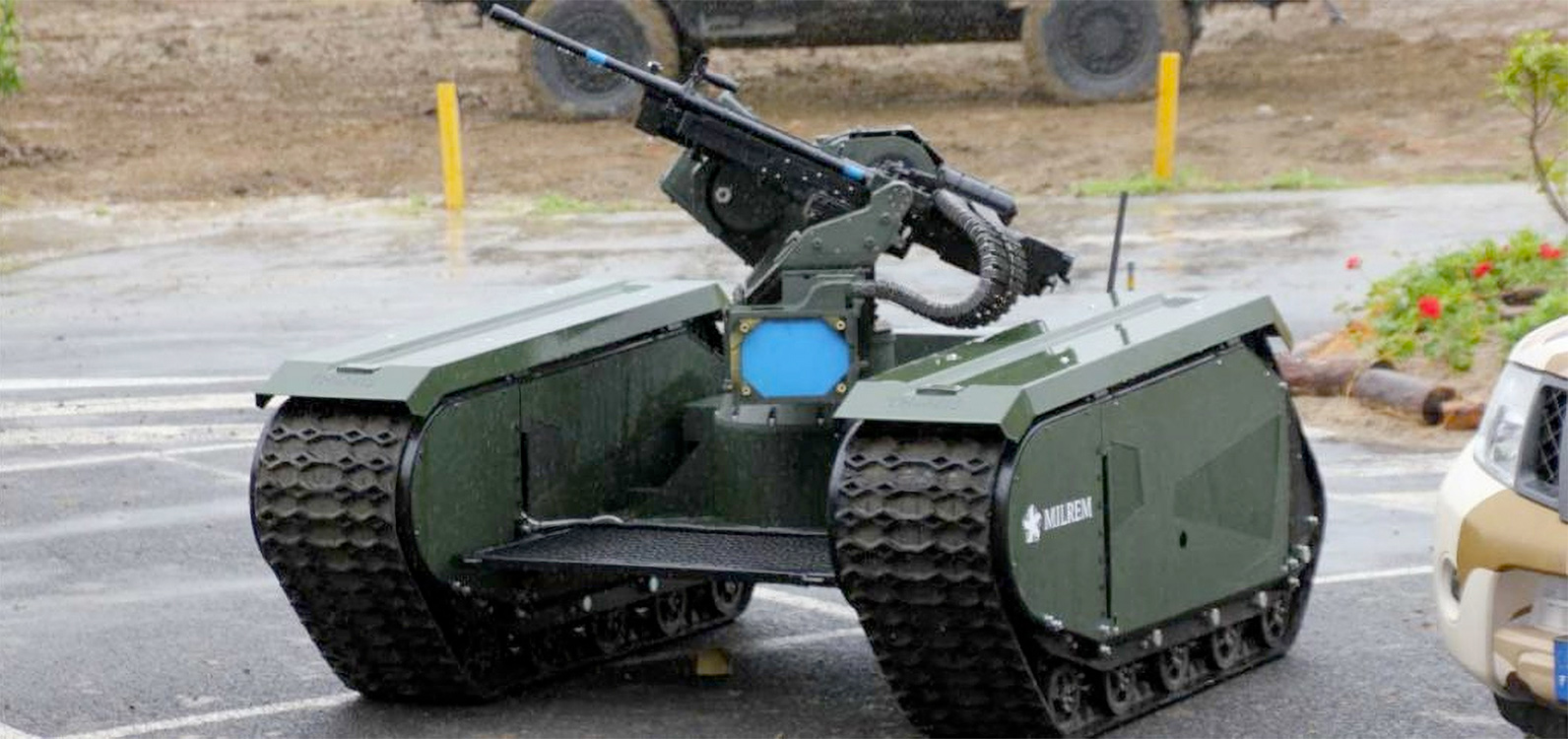A German company specializing in autonomous weapon systems has secured financial backing from a North Atlantic Treaty Organization (NATO) investment fund. This move comes amid growing interest in unmanned military vehicles and anxieties over potential arms race escalation.
Aachen-based Robotics Defense Systems (RDS) announced last week that it had received a significant investment from the NATO Science and Technology Accelerator (NSTA). The NSTA, launched in 2020, aims to foster technological innovation for the alliance's member states. The exact amount of funding provided to RDS was not disclosed.
RDS develops unmanned ground vehicles (UGVs) designed for reconnaissance and combat missions. The company's flagship product, the "ADR-1, " is an eight-wheeled, armored vehicle equipped with sensors, cameras, and artificial intelligence that allows for autonomous navigation and target identification.
The NSTA investment has generated mixed reactions from defense analysts. Proponents argue that autonomous systems can enhance battlefield effectiveness while minimizing risks to human soldiers. They point to the potential for UGVs to perform dull, dangerous, or tedious tasks, freeing up troops for more strategic roles.
Opponents, however, raise ethical concerns about the use of autonomous weapons in warfare. They argue that lethal autonomous weapons systems (LAWS) could dehumanize warfare and make it more difficult to attribute blame for civilian casualties. Additionally, they express anxieties about the possibility of such systems falling into the wrong hands or malfunctioning.
The debate over LAWS is not new, but it has gained fresh urgency in recent years as artificial intelligence and robotics technologies have advanced. The United Nations has held several meetings on the issue, but there is currently no international treaty banning or regulating autonomous weapons.
NATO officials maintain that the alliance is committed to the responsible development and use of autonomous technologies. They argue that NATO member states have a right to develop defensive capabilities and that autonomous systems can contribute to collective defense.
The NSTAs investment in RDS is a sign that NATO is taking a proactive approach to the development of autonomous military technologies. It remains to be seen how this technology will be used and what safeguards will be put in place to mitigate the risks.

